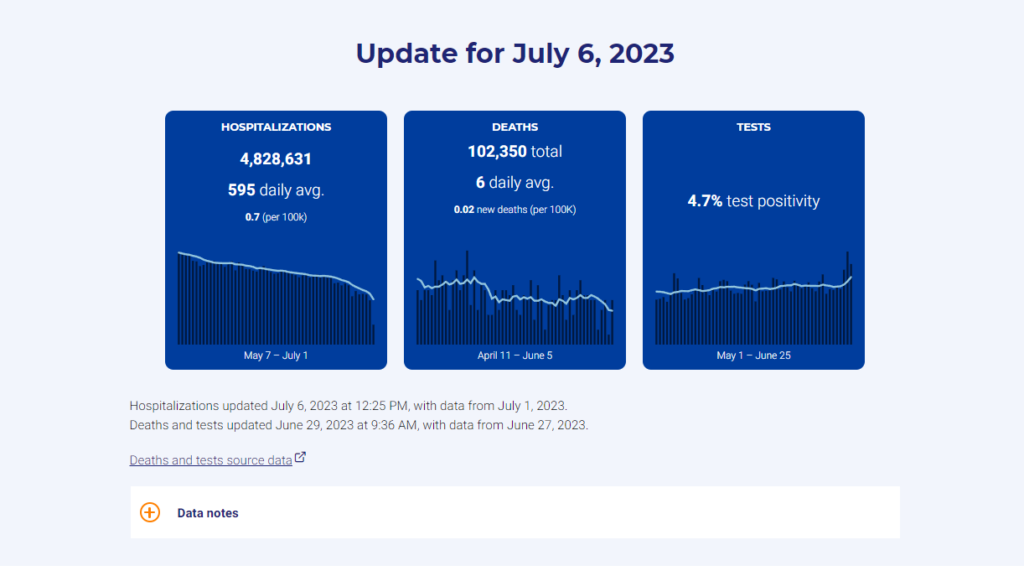Latest Opinion from CA Supreme Court Insulates Criminal Businesses from COVID-19 Liabilities
San Francisco, CA — The California Supreme Court has come out with an opinion in the case of Kuciemba v. Victory Woodworks, Inc., in which the Court holds in relevant part that businesses who ignored regulations designed to prevent the spread of COVID-19, and operated illegally and immorally, and caused the sickness and death of their employee’s family members, are immune from suit from those family members.

The Court declared that the reason why these businesses are immune from such suits is because holding otherwise “has the potential to destroy businesses”. The Court declared that it was its own job to stop the “floodgate” of lawsuits that would follow if people were allowed to sue these criminals. It was a 7-0 decision.
When businesses operate in the State of California they must act reasonably and are generally liable for their own negligence. This means that if they act unreasonably and it harms someone else, they are liable for that harm. However, there are limits to that liability. When talking about negligence, which is largely unintentional harm, businesses must be careful only to the extent they owe a duty to someone. Businesses generally don’t owe a duty of care to strangers. But they do owe a duty of care to employees and customers. And in cases other than COVID-19, that duty of care extends to employee’s families. In general, if a business does something unreasonable, and that unreasonable act causes harm to an employee’s family member, that family member will be able to recover damages. Ignoring laws designed to protect the health of employees, customers, and the surrounding community is unreasonable, and such illegal acts would normally result in liability if someone was harmed by those illegal acts. The Court here ruled that COVID-19 is an exception.
The reasoning from the Court can be described as dystopian. They suggest that if businesses were required to comply with COVID-19 regulations, it would discourage businesses from illegally operating during a pandemic. And the Court suggests that stopping businesses from illegally operating during a pandemic would be equivalent to deterring “socially beneficial behavior”.
Moreover, if a precedent for duty is set in regard to COVID-19, the anticipated costs of prevention, and liability, might cause some essential service providers to shut down if a new pandemic hits. This negative “consequence[] to the community” (citation removed), while hypothetical, cannot be ignored. A finding of duty may be inappropriate if its recognition would deter socially beneficial behavior. (citation removed)
The CA Supreme Court could later alter or rethink this logic in later cases. This specific matter involved actions in early May of 2020, that Victory Woodworks, Inc. took in violation of a local health order in San Francisco. The Court states here that they “are mindful that social conditions surrounding COVID-19, much like the virus itself, have evolved a great deal since the start of the pandemic, and these changes are likely to continue.” They “acknowledge that the calculus might well be different in the future.”
However, it is most likely that any liability for illegally operating in ways against health regulations during a past or future pandemic is going to have to come from new legislation.
As of today, over 102,350 people have died in California from COVID-19, largely a result of purposeful policies and decisions from our local, state, and federal government officials.